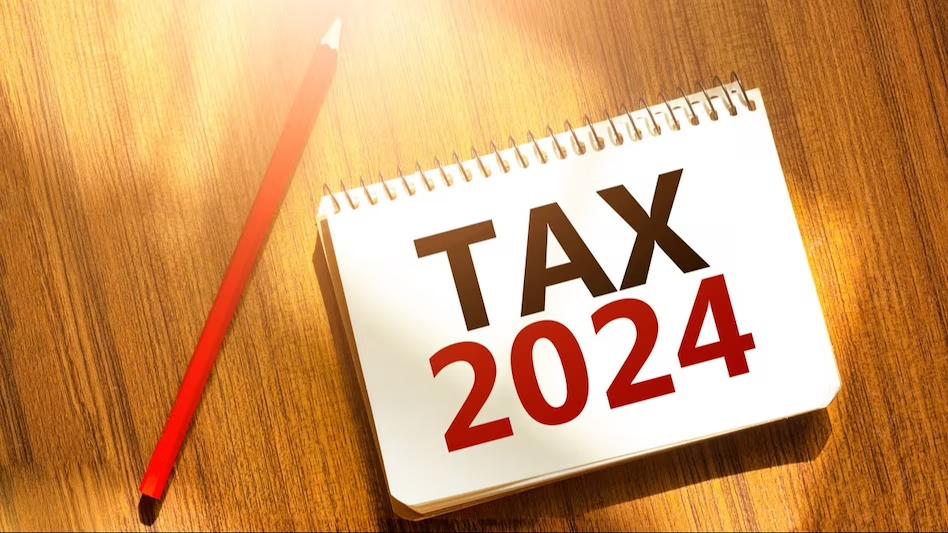Filing your taxes in Canada can seem daunting, but with the right information, it can be a smooth process. This guide lays out everything you need to know about the 2024 tax filing deadlines, tax return options, and how to avoid penalties.
Key Deadlines to Remember
- NETFILE service Re-Opens: February 19, 2024
- Individual Tax Return Deadline: April 30, 2024
- Self-Employed Tax Return Deadline: June 15, 2024 (Note: Taxes owed still due by April 30 to avoid penalties)
- Tax Installment Payments: March 15, June 15, September 15, and December 15
- RRSP Contribution Deadline (for 2023 Tax Return): February 29, 2024
Tax Filing Options
There are several ways to file your Canadian tax return in 2024, depending on your comfort level and financial situation. Here’s a breakdown of the most common options:
- Online Tax Software: This is a popular choice for many Canadians. Numerous brands offer user-friendly software with varying levels of support, from free basic versions to paid options with expert assistance. Some popular choices include TurboTax Online, Wealthsimple Tax, H&R Block Tax, and StudioTax.
These programs can streamline the filing process by connecting to your CRA My Account and auto-filling your return with information from previous years. Additionally, filing electronically allows you to receive your refund faster, typically within 8 business days. - Paper Return via Mail: While online filing is becoming increasingly popular, some individuals still prefer the traditional paper method. The CRA mailed out tax forms in January, but you can also order a copy or download them online if you haven’t received them. However, expect to wait up to 8 weeks for your refund with a paper return.
- CRA File My Return: This free service offered by the CRA assists low-income individuals with completing their tax returns through an automated phone service.
- Community Volunteer Income Tax Program: This program provides free tax preparation services to individuals with modest incomes and straightforward tax situations. Assistance is available through video conferencing, phone, and document drop-off arrangements.
2024 Personal Tax Changes

- RRSP Contribution Limit: The annual RRSP contribution limit for 2024 is $31,560, an increase from $30,780 in 2023. You can still contribute to your RRSP for the 2023 tax year until the contribution deadline of February 29, 2024.
- TFSA Contribution Limit: The annual TFSA contribution limit for 2024 remains at $7,000.
- CPP Contribution Rates: The contribution rate for both employees and employers remains at 5.95% in 2024, with a maximum annual pensionable earning of $68,500. Employees who earn more than $68,500 are subject to an additional CPP contribution on earnings between $68,500 and $79,400.
- EI Rates: The maximum employment insurance premium in 2024 is $1,049.12, a slight increase from $1,002.45 in 2023.
Penalties for Late Filing
The Canadian Revenue Agency (CRA) imposes penalties for late filing of tax returns if you have an outstanding tax balance. However, there are no penalties for filing late if you are expecting a refund or your tax balance is zero.
- Late-Filing Penalty: The CRA charges a 5% penalty on your outstanding tax balance, plus an additional 1% per month for up to 12 months. This penalty can add up quickly, so it’s crucial to file on time or request an extension if needed.
- Late-Filing Interest: In addition to the late-filing penalty, the CRA will also charge interest on any taxes you owe, including the penalties.
How to Avoid Penalties
Even if you cannot pay your entire tax bill by the deadline, it’s still essential to file your return on time to avoid the late filing penalty. You will only be charged interest on the outstanding amount.
- File on Time or Request an Extension: If you anticipate needing more time to file your return, you can request a filing extension from the CRA. However, this extension only applies to the filing deadline, not the payment deadline.

